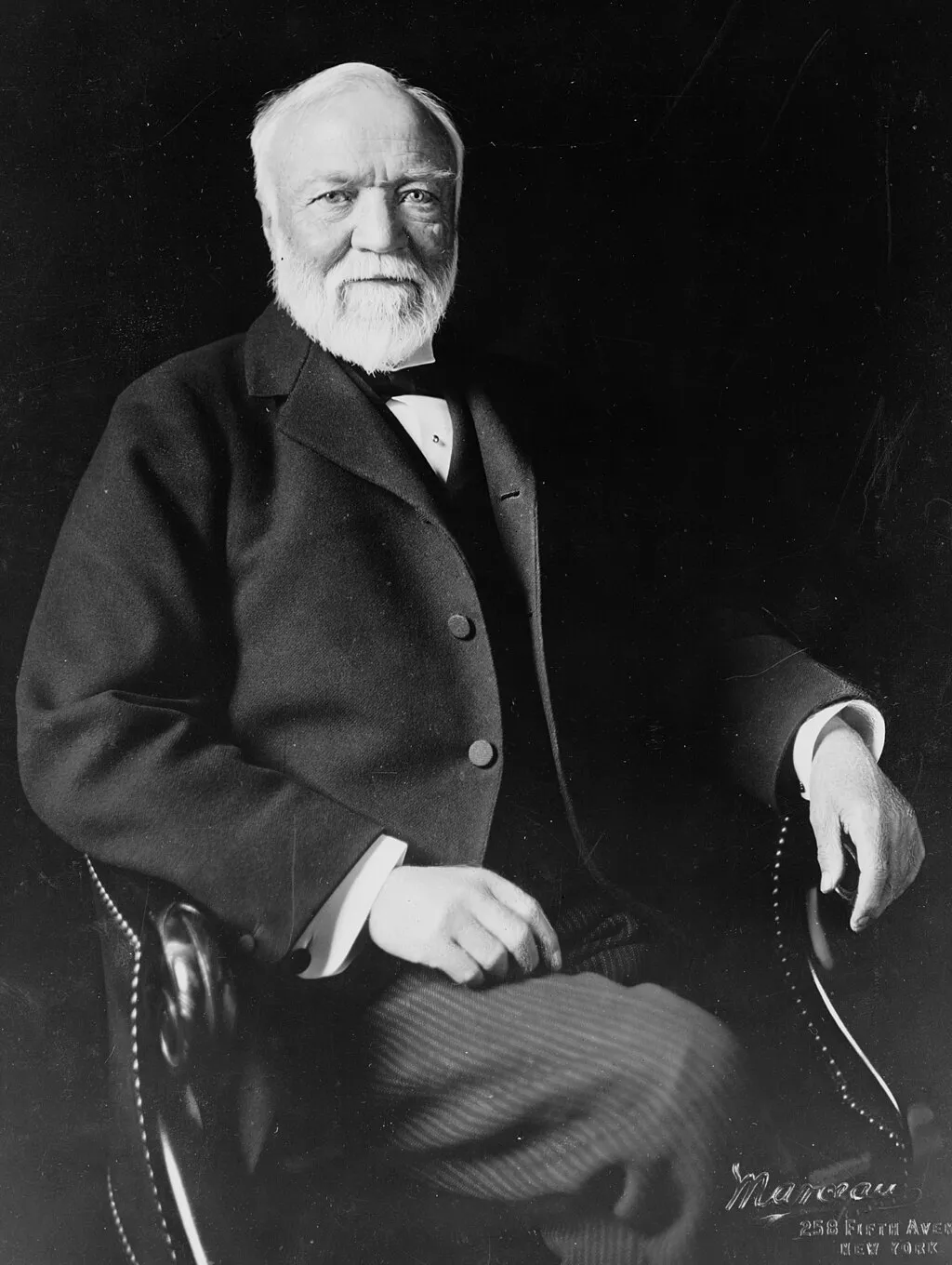In the fast-paced world of finance, a revolution is underway, one that combines the principles of quantum mechanics with the intricacies of global markets. Imagine a scenario where a young quant trader, Aisha, finds herself at the forefront of this transformation. As she delves into the world of quantum finance, she discovers how quantum algorithms are not just enhancing trading strategies, but also redefining the very fabric of financial systems.
Aisha’s journey begins with the realization that quantum computing can significantly refine existing trading algorithms. These new algorithms introduce complex approaches that were previously unimaginable with traditional computers. Quantum computers, with their high-speed and superior parallel processing capabilities, can analyze vast amounts of market data in a fraction of the time it would take classical systems. This means Aisha can use more sophisticated risk management strategies, optimize her portfolios with unprecedented precision, and identify subtle trading patterns that might have gone unnoticed before.
One of the most promising applications of quantum computing in finance is portfolio optimization. Aisha learns that quantum algorithms, such as the Quantum Approximate Optimization Algorithm (QAOA), can solve complex optimization problems far more efficiently than their classical counterparts. These algorithms can find the optimal allocation of assets among different classes, taking into account various risk factors and return expectations. For instance, a study showed that a quantum-optimized portfolio outperformed a classical one by 10% over a 12-month period, highlighting the potential for quantum computing to create more diversified and resilient portfolios.
Another area where quantum computing is making waves is in anomaly detection. Aisha discovers that quantum kernel methods can detect unusual patterns in market data more accurately than classical machine learning algorithms, especially in scenarios with limited data. This is crucial in identifying potential market anomalies and making quicker, more informed decisions. The robustness of these methods to hardware noise and finite sampling effects makes them particularly promising for real-world applications in finance.
However, as Aisha delves deeper into the world of quantum finance, she begins to uncover some of the ethical dilemmas associated with this technology. Quantum computing requires significant resources, both physical and human, which are only available to a few nations and organizations. This could exacerbate global socio-economic divides and raise questions about how the benefits of quantum computing can be distributed equitably. Additionally, the power of quantum computers to potentially break current encryption schemes raises serious concerns about privacy and security.
The complexity of quantum algorithms also poses challenges in terms of transparency and accountability. As these algorithms become more integrated into financial systems, it becomes increasingly difficult to understand the reasons behind their actions or mistakes. This lack of transparency can lead to mistrust and regulatory challenges. Moreover, the efficiency of quantum computers could automate many jobs, leading to potential job losses and social disruption.
Despite these challenges, Aisha remains optimistic about the potential of quantum finance. She sees how this technology can democratize complex financial tools, making them more accessible to a wider range of investors and traders. Quantum AI, for example, integrates machine learning models to analyze vast datasets and improve decision-making, offering unparalleled speed and efficiency in automated trading.
As Aisha navigates this new landscape, she realizes that the future of finance is not just about technology; it’s about how we choose to use it. The integration of quantum principles into financial systems has the potential to redefine market efficiency and reshape trading strategies in ways that were previously unimaginable. However, it also requires a careful consideration of the ethical implications and a commitment to ensuring that the benefits of this technology are shared equitably.
In this future, Aisha envisions a financial world where quantum algorithms are not just tools for optimization but also for fairness and transparency. She sees a world where the power of quantum computing is harnessed to create more resilient portfolios, detect anomalies with greater accuracy, and make trading decisions with unprecedented speed and precision. But most importantly, she sees a world where the ethical dilemmas of quantum finance are addressed proactively, ensuring that this revolution benefits everyone, not just a select few.
As we stand at the threshold of this quantum finance revolution, it’s clear that the journey ahead will be complex and multifaceted. But with the right approach, combining cutting-edge science with financial wisdom and ethical responsibility, we can create a future where quantum principles not only enhance our financial systems but also make them more equitable and transparent. Through Aisha’s story, we get a glimpse into a world where the intersection of quantum mechanics and finance could lead to a more efficient, more resilient, and more just financial system for all.






